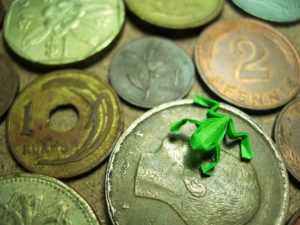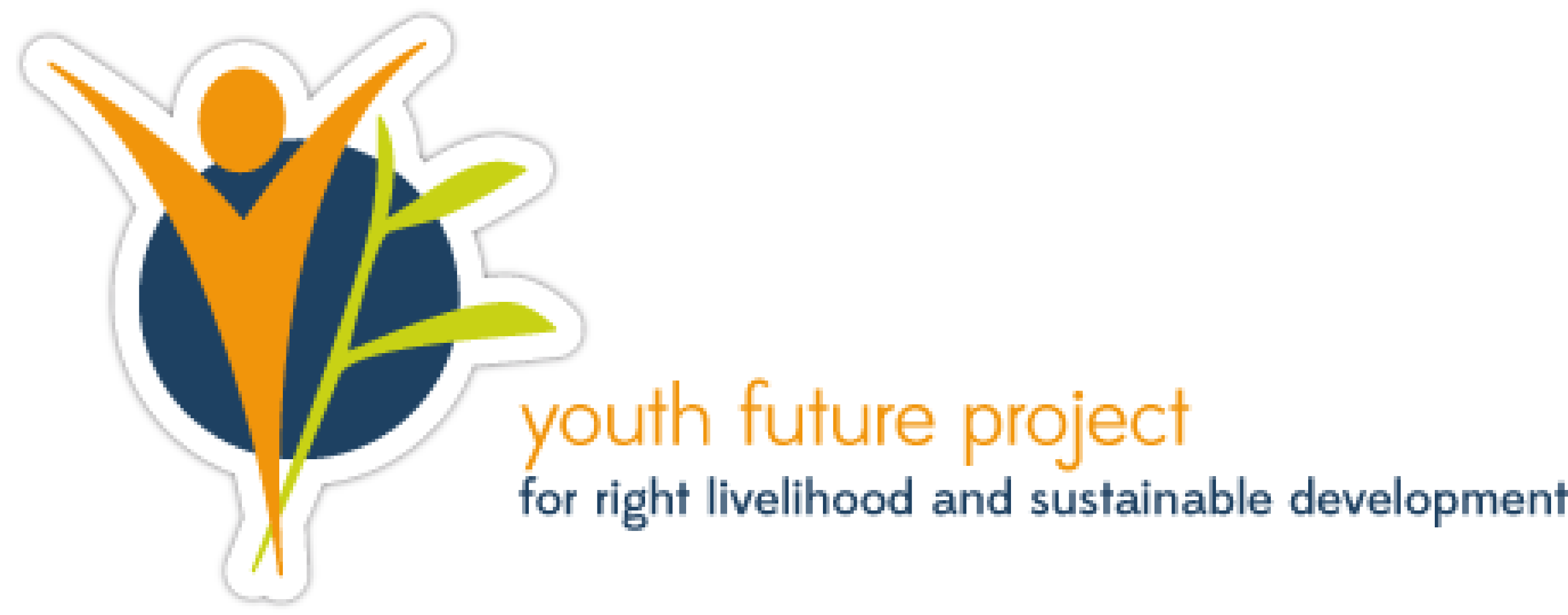[:en]
by Joscha Abels (November 2015)

Photo by Emre Ayaroglu (cc) via Flickr
Understanding the economic pillar of sustainability as part of the peace-sustainability nexus is not like looking at one isolated branch of a tree. It is rather like observing the tree as a whole, its changes during seasons and its growth over time in order to understand its inner processes and condition.
If its environment is inhospitable and the soil is impoverished, the tree will not grow. Of such a character is the nexus between economic sustainability and peace – by saying this I state that there is such a nexus in the first place. While a true philosophy of economic sustainability will foster peace, a corrupted one will only nourish conflict.
Economic sustainability can shortly be defined as the ability of an economy to support a certain level of production indefinitely, which means that it needs to use and to conserve its resources at the same time – economically, socially, ecologically. Unfortunately, the dominant ideology in global economy, namely a nation-state organized neo-liberalism, does not seem to be up for that task. Its idea of ‘sustainability’ consists of fiscal discipline, infinite and steady growth as well as a reassuring atmosphere for investors. Those are meant to guarantee a reliable environment for its mode of production.
It is not news that the expectation of and constant pressure for national growth in this highly competitive framework is not sustainable; it can’t be. Instead, it is shattering the other pillars of sustainability. On the social level, the obligation to grow means increasing austerity, cuts of social benefits and wage restraint. As we again had to witness lately in the financially stricken states of southern Europe, the price for austerity is paid mainly by the lower classes with poverty and social exclusion. On the ecological level, the focus on short-term benefits and individual advantages renders the attempt of a far-sighted conservation of certain common goods not only a lost cause, but a competitive disadvantage. This disadvantage will be exploited by other actors – not because of any inherent wickedness of these actors, but because these are the rules of the game.
Focusing again on the peace-sustainability nexus, it has been written a lot (but not been done enough) about the direct ways in which the dominant economic order has been harming peace and causing physical violence, from arms trade and resource wars to civil wars in the deprived global south. Therefore, I want to draw your attention to another condition of peace: the absence of structural violence. This idea by Norwegian peace researcher Johan Galtung defines peace as the fulfillment of basic human needs in terms of survival, prosperity, freedom and identity. Its underlying premise is that the absence of physical and structural violence are ideals of equal worth. A peaceful world order therefore not only consists of a silencing of the weapons but also focuses on the individual and its personal development. However, with today’s pressure to sacrifice the just share of billions of people for the ‘greater good’ of economic growth, to accept poverty, hunger and heteronomy for the sake of competitiveness, such peace will be impossible.
But with a new common philosophy comes a new chance for peace. I believe, I think, I hope that there is a way for a revolution in mind and society, which comes to the conclusion that true economic sustainability only works hand in hand with social, ecological and cultural sustainability and is not in conflict with basic human needs, but in fact inseparably interwoven. With an economic order sustaining nature and the individual’s prosperity and freedom we can also sustain peace. It is in everyone’s power to contribute to this new philosophy and make the tree blossom once more.
Joscha Abels is 27 years old and works as a research assistant for international relations and peace and conflict studies in Tübingen, Germany, where he prepares for his PhD. He wrote his master thesis on the influence of the Euro crisis on inner-European peace with a focus on Greece. He spends the rest of his time hiking, debating or singing to his improvable guitar play.
[:]
